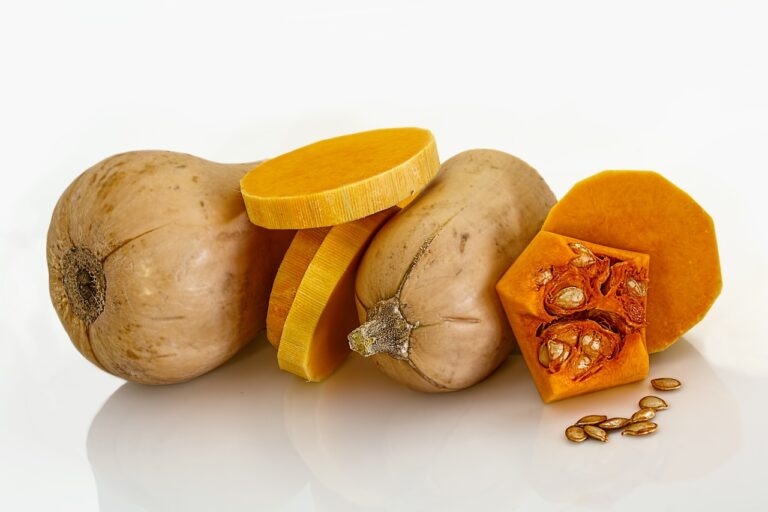The Impact of Aquaculture on Coral Reef Ecosystems
11x play online, reddy bet, golden777:Aquaculture is a rapidly growing industry that plays a crucial role in providing seafood to meet the demands of our ever-growing population. While aquaculture has its benefits, such as providing a sustainable source of seafood and creating jobs in coastal communities, it also has significant impacts on coral reef ecosystems.
Coral reefs are some of the most diverse and productive ecosystems on the planet, providing habitat for thousands of species of fish, invertebrates, and other marine life. They also help protect shorelines from erosion and provide important benefits to local economies through tourism and fisheries.
However, aquaculture practices can have negative impacts on coral reef ecosystems. One of the main concerns is the release of excess nutrients into the water. Fish farms often use feed that contains high levels of nutrients, such as nitrogen and phosphorus. These nutrients can lead to algal blooms, which can smother coral reefs and disrupt the delicate balance of the ecosystem.
In addition to nutrient pollution, aquaculture can also lead to habitat destruction. Fish farms are often located in coastal areas where coral reefs are already under pressure from other sources, such as overfishing, pollution, and climate change. The construction of fish farms can damage coral reefs through the physical destruction of habitat and the release of sediment and pollutants into the water.
Furthermore, aquaculture can also introduce invasive species into coral reef ecosystems. Fish farms often use non-native species that can escape into the wild and compete with native species for food and habitat. These invasive species can disrupt the natural balance of the ecosystem and threaten the survival of native species.
Despite these negative impacts, there are ways to mitigate the effects of aquaculture on coral reef ecosystems. One approach is to implement best management practices, such as monitoring water quality, reducing the use of antibiotics and chemicals, and locating fish farms away from sensitive habitats like coral reefs. By following these practices, aquaculture operators can minimize their impact on the environment and protect coral reef ecosystems.
Another strategy is to promote sustainable aquaculture practices, such as using recirculating systems that minimize the release of nutrients and waste into the surrounding environment. Sustainable aquaculture aims to balance the needs of the industry with the protection of the environment, ensuring that coral reef ecosystems can continue to thrive for future generations.
In conclusion, aquaculture has both positive and negative impacts on coral reef ecosystems. While it provides a valuable source of seafood and economic benefits, it can also threaten the health and stability of these important ecosystems. By adopting sustainable practices and implementing best management strategies, we can ensure that aquaculture can coexist with coral reefs and help protect these valuable ecosystems for years to come.
Frequently Asked Questions:
Q: How does aquaculture affect coral reefs?
A: Aquaculture can impact coral reefs through nutrient pollution, habitat destruction, and the introduction of invasive species.
Q: What are some ways to mitigate the impact of aquaculture on coral reefs?
A: Best management practices, sustainable aquaculture techniques, and careful site selection can help minimize the impact of aquaculture on coral reef ecosystems.
Q: Why are coral reefs important?
A: Coral reefs are important because they provide habitat for a wide range of marine species, protect coastlines from erosion, and support local economies through tourism and fisheries.







